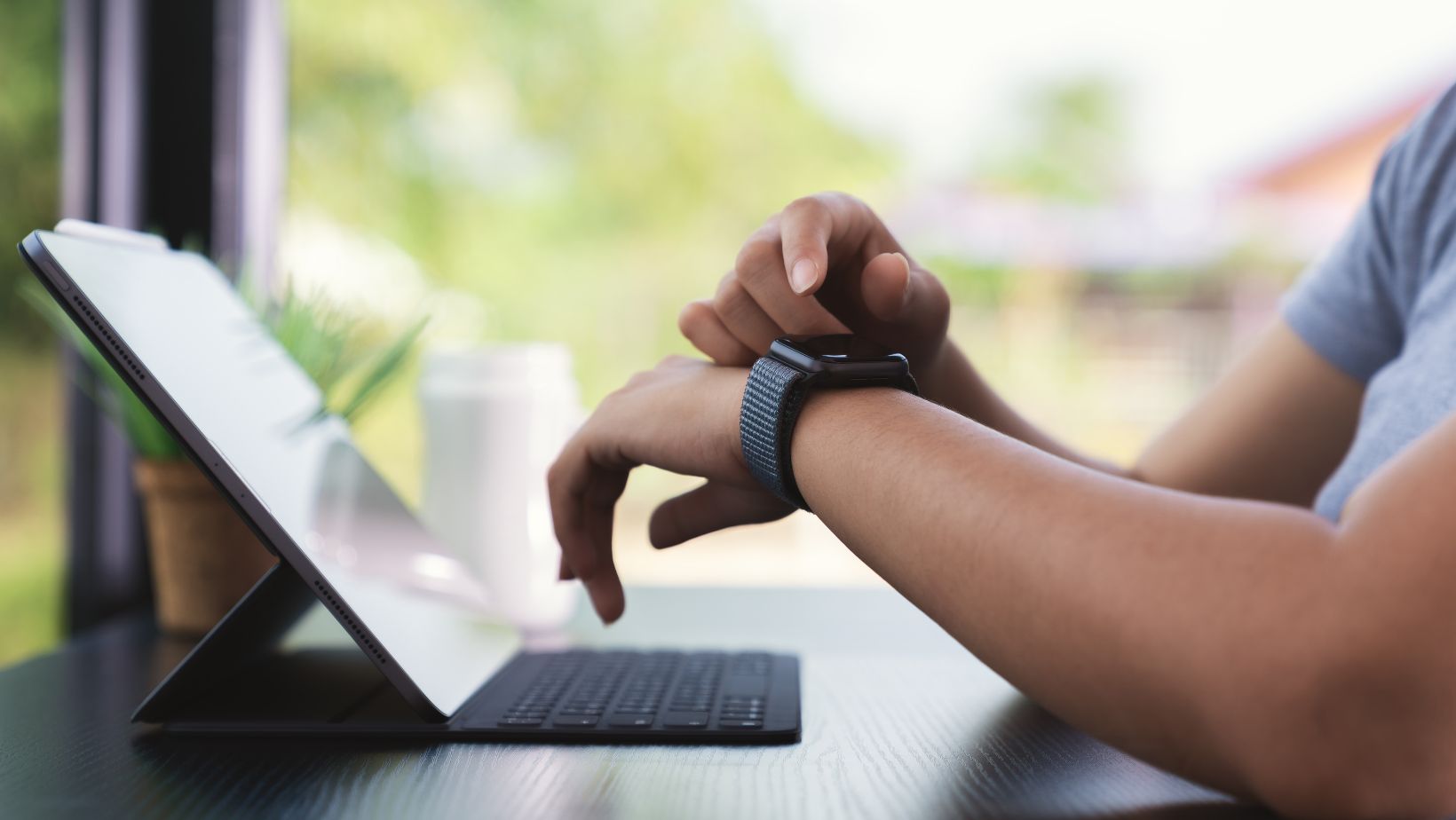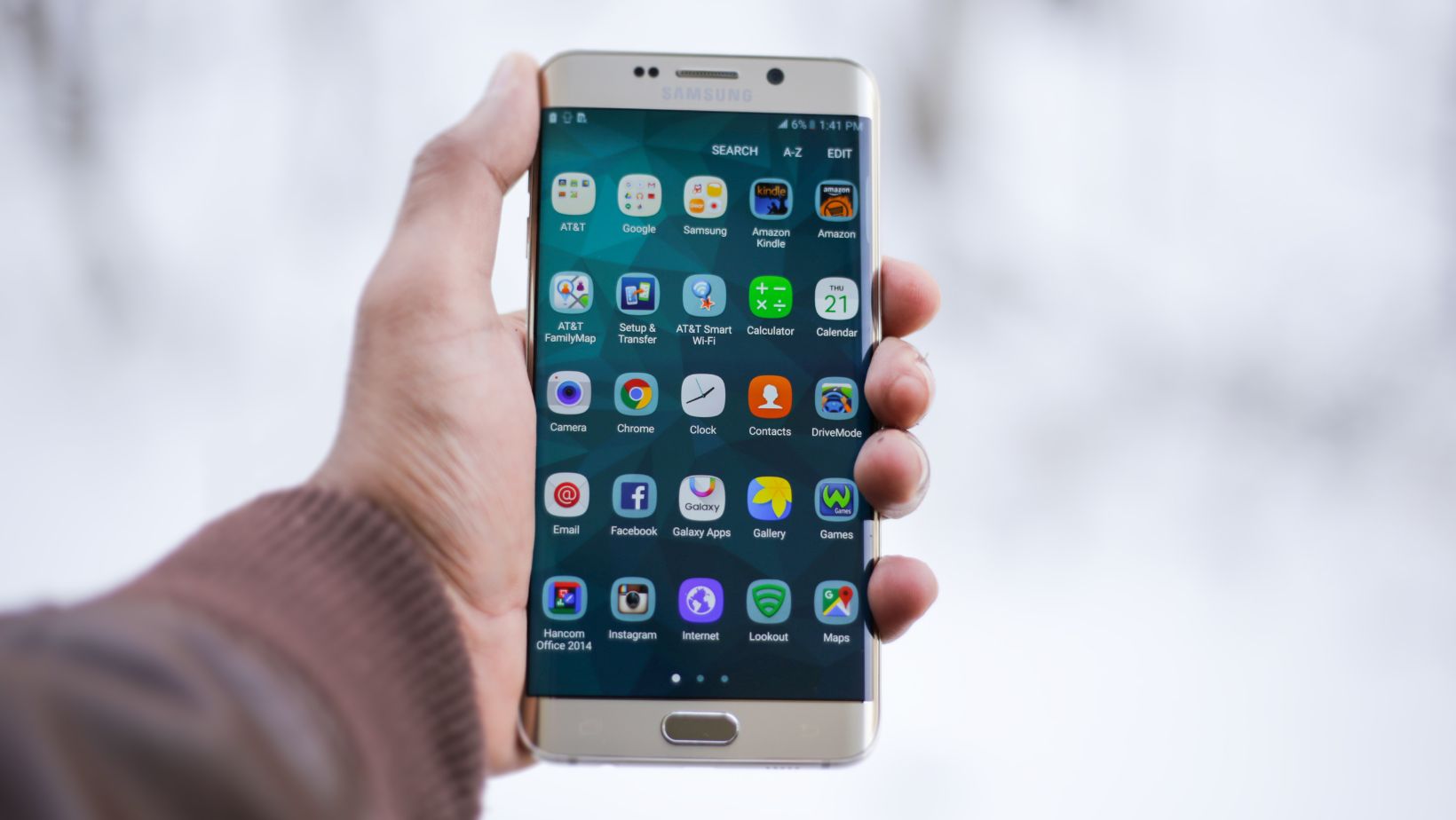When it comes to addiction, the journey to sobriety is anything but straightforward. And while the traditional path has often involved 12-step programs, group therapy, and rehab centers, there’s a new wave of tech that’s proving it can be just as effective—if not more so. We’re talking about apps, wearables, virtual support groups, and even AI-driven recovery tools. But can tech really help you stay sober long-term, or is it just a cool trend that’ll fade away?
Let’s break it down and take a look at how tech is not only changing how we approach addiction recovery but also giving people tools they never had before.
The Rise of Virtual Support: No More ‘One-Size-Fits-All’
Addiction doesn’t look the same for everyone. So why should recovery? Traditional programs often assume a universal method works for everyone. But what happens when that one-size-fits-all approach doesn’t fit? That’s where technology steps in.
Virtual support groups and peer networks are reshaping the landscape of sobriety. These online communities connect people in recovery, offering a space for them to share experiences, check in with one another, and even offer advice. Gone are the days of feeling isolated, especially for those in rural areas or with busy schedules who can’t attend in-person meetings.
It’s not just about joining a forum and posting updates; these platforms are all about personalized experiences. Some apps use algorithms to connect you with people who are on a similar journey or facing similar struggles, kind of like online dating but with a goal of making genuine connections that help you heal. And with the option to join meetings or chats whenever you want, sobriety no longer feels like something you have to do alone.
Getting a Helping Hand—Without Leaving the Couch
When you’re in recovery, you’re told to surround yourself with a good support system, but who’s got time to make that happen? Especially when the old-school recovery options, like finding a sponsor, often involve weeks or even months of searching, matching, and meetings.
Here’s where tech flips the script: it makes it easier than ever to search online for a sober companion service that works for you. No more endless scrolling through directories of recovery specialists. Apps like these give you the option to be paired with someone who suits your personality and goals. It’s like getting a coach for your sobriety, but one who can guide you through the challenges in real time.
The beauty of these services is that they offer flexibility. You can choose to check in weekly or even daily, depending on your needs. Plus, with the rise of telehealth, you can easily jump on a Zoom call to meet face-to-face with your companion, wherever you are.
Wearables: Tracking Progress in Real-Time
Here’s a twist you might not have seen coming—wearables. No, not the smartwatches you use to check your steps. We’re talking about devices designed specifically to track your emotional, physical, and even biological well-being during recovery.

Some wearables are designed to measure stress levels, sleep patterns, and overall mood shifts, providing you with a real-time look at how your body is responding to your sobriety journey. Knowing when you’re on the edge of burnout or feeling low can be a game-changer. With this data in hand, you can make more informed decisions about when to reach out for help or adjust your daily habits.
But that’s not all. Some wearables even alert you if you’re showing signs of potential relapse behavior. That’s right—these devices can sense when your body is in a high-risk zone, whether due to anxiety, poor sleep, or emotional triggers and send you prompts to intervene before things get too far. It’s like having a personal coach that tracks everything, so you don’t have to do it all alone.
AI-Powered Sobriety Apps: Personalized, Constant Support
Artificial intelligence in addiction recovery? Yep, it’s a thing. But don’t worry, it’s not the cold, robotic experience you might expect. In fact, AI is offering some of the most personalized support out there right now.
AI-powered apps are capable of providing around-the-clock support anytime, anywhere. These apps use machine learning to tailor advice and check-ins based on your specific situation. Maybe you’re struggling with temptation in social settings, or you need help managing anxiety—AI can give you instant coping strategies in those moments of crisis.

And the best part? The more you use the app, the better it gets at offering advice. It learns your triggers and patterns, just like a human would, but without judgment. It’s personalized support on demand, 24/7, without the shame that can sometimes come with asking for help.
The beauty of these AI tools is that they’re discreet. You don’t need to worry about awkward conversations with family or friends about where you are in your recovery journey. Your phone becomes your secret weapon, ready to help you through the toughest moments without anyone needing to know.
The Power of Gamification in Sobriety
Who said recovery had to be boring? The concept of gamification has been making waves in everything from education to fitness, and it’s now showing up in addiction recovery apps too.
Gamification uses rewards, levels, and points to motivate users to keep pushing toward their goals. In recovery, this could mean earning points for hitting sobriety milestones, completing daily challenges, or staying engaged in the recovery community. With rewards that can be exchanged for real-life prizes, it’s a way to make the journey feel a little more engaging and, yes—fun.
Think of it like leveling up in a video game, but instead of defeating virtual enemies, you’re tackling real-life challenges and winning big for your health. Gamification also taps into the brain’s reward system, giving you that little dopamine hit when you see how far you’ve come.
These apps create a sense of achievement and progress that can be super motivating, especially for people who might feel stuck or discouraged at times. When the journey feels like it’s moving forward, no matter how slowly, it makes staying sober just a little bit easier.
Tech is a Lifeline, Not a Band-Aid
Tech won’t replace real human connection or professional help, but it’s clear that it’s making sobriety more accessible, flexible, and personalized than ever before. Whether it’s through virtual support, wearables, or AI-powered apps, tech has become a tool that offers an extra layer of support for those looking to live sober lives.
The future of recovery isn’t about choosing between tech and tradition—it’s about using both. If you’re ready to embrace the change and see what’s possible with a little help from the digital world, there’s no better time to start. The power of tech in sobriety isn’t just a trend; it’s here to stay, and it’s changing the way we fight addiction one click at a time.


